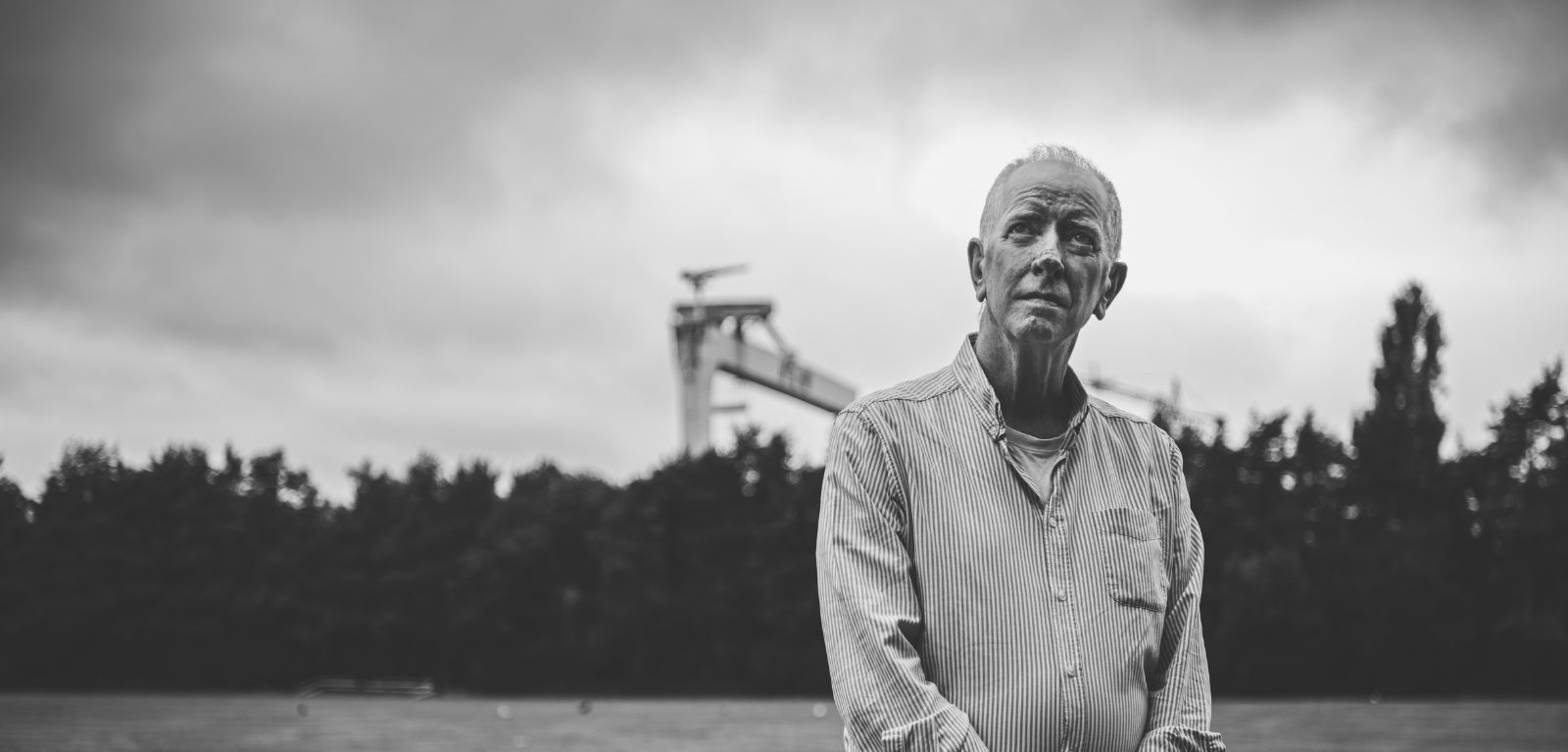Truth, Acknowledgement and Healing: The John Crawford Process
Paul Crawford is a community advocate, former mental health services manager, and a bereaved son. At the age of 17, Paul’s father, John Crawford, was murdered during the Northern Ireland conflict.

For decades, the circumstances surrounding his father’s death were clouded by misinformation, silence, and harmful speculation.
Through years of determination, Paul created a victim-led process to uncover the truth, culminating in the first written corporate narrative by a loyalist paramilitary group acknowledging full responsibility for a killing. Queen’s University Belfast played a pivotal role in documenting, authenticating, and publicly launching report known as the “The killing of John Crawford: a victim-centred and co-designed truth recovery process”.
The Challenge
Paul’s journey began in trauma and silence. On the night of his father’s murder, a claim of responsibility was made in the name of the Official IRA, but this was almost immediately proven false. In the decades that followed, no other group came forward. Gossip and community rumours cast a long shadow over his family. Although there was an arrest about three years later, no organisation accepted responsibility, leaving Paul and his siblings with unanswered questions and harmful, false public narratives.
After decades of failed state processes, coroners, inquiries, and legacy investigations, Paul was determined to uncover the truth himself. But he knew that for the truth to carry weight, it needed external verification, documentation, and credibility.
The Process
Paul engaged directly with Winston Irvine, a loyalist community representative, who acted as an interlocutor between Paul and members of the UVF. Over five years, they developed a structured, victim-led model that included:
- Facilitated dialogue
- Cross-community mediation
- Access to Freedom of Information documents and privileged records
- Verification of claims through documentary evidence
- Written corporate acknowledgment from the UVF
Paul’s process demonstrated that even in the absence of state action, community-led truth recovery could bring clarity, accountability, and healing.
The Role of Queen’s University Belfast
Queen’s University became a central partner in validating and supporting the process. Professor Kieran McEvoy, a leading expert on transitional justice at the Institute for Global Peace, Security and Justice, collaborated with Paul and Winston to formally document the model. The University hosted extensive discussions, reviewed the full process, and ultimately endorsed the approach as a legitimate and replicable model for truth recovery.
Key contributions from Queen’s included:
- Producing an independent, academic report: "Officers at the Killing of John Crawford"
- Providing a platform for public announcement of the process during the 25th anniversary of the Good Friday Agreement
- Organising a major press conference attended by national and international media
- Amplifying the story through research communication and civic engagement
As Paul put it:
“Without Queen’s, this could have been dismissed as just another personal grievance. Their endorsement gave the process credibility. They made sure the truth was seen, heard, and taken seriously.”
Impact
The process undertaken by Paul is now recognised as the first example of a structured, victim-led engagement with a loyalist organisation that resulted in a full, written acknowledgment of responsibility.
- Paul’s father’s name was cleared
- His family received formal written confirmation from those responsible
- The story gained national and international attention
- The process has become a model for other families and communities
Importantly, Queen’s involvement has helped demonstrate that academic institutions can play a transformative role in peacebuilding and legacy processes by offering credibility, platforms, and expertise.
Looking Forward
Paul hopes that the model, rooted in realism, dialogue, and documentation, can be replicated for other victims across communities.
“The John Crawford Process proves that truth recovery is possible when the political will is absent. It holds everyone to account—not just the person who pulled the trigger, but the entire structure that made it possible. Queen’s helped make that visible to the world.”
Queen’s continues to engage in peacebuilding research and legacy work, supporting community-driven efforts to reckon with the past and imagine a shared future.
FIND OUT MORE
Transitional justice at Queen's
Help support Queen's University's initiatives